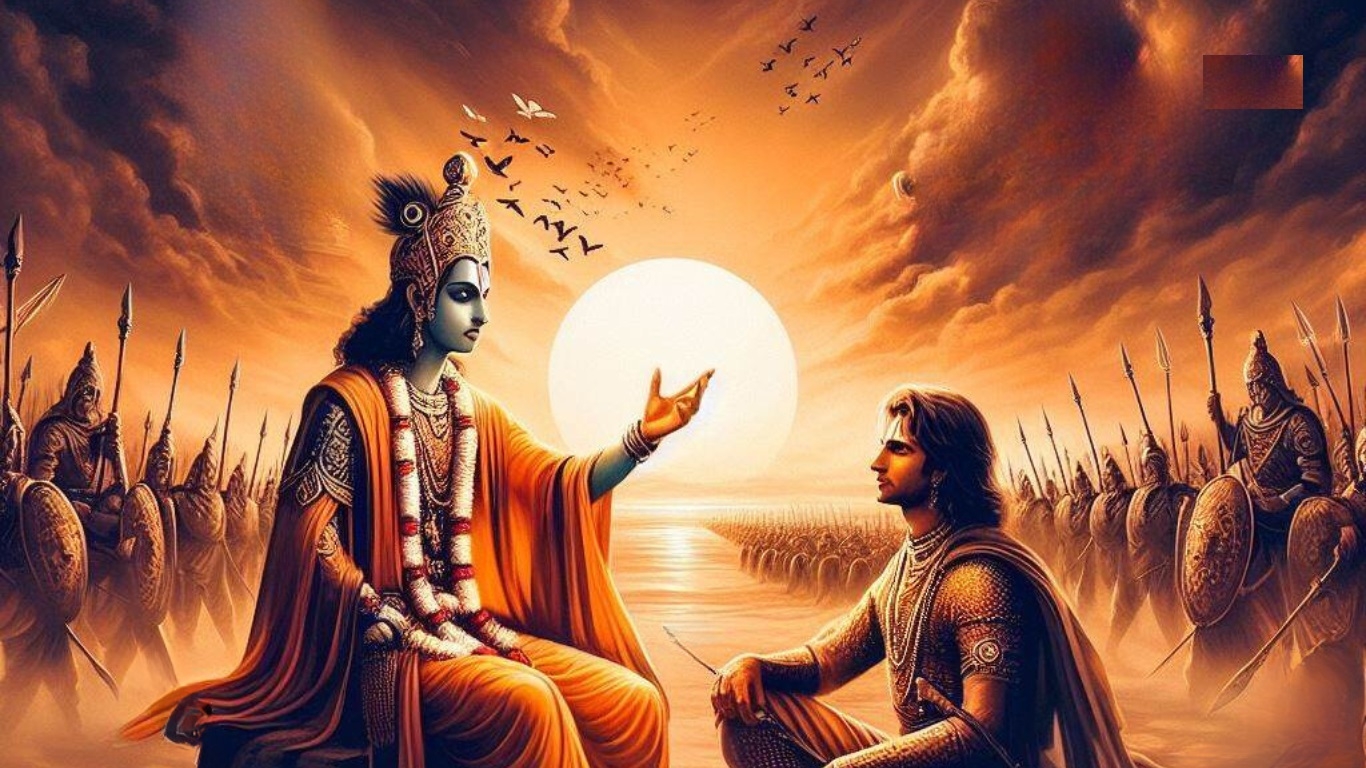Chinese Scholars Laud Bhagavad Gita as 'Nectar of Wisdom' for Modern World
The Bhagavad Gita's universal wisdom continues to resonate globally, transcending cultural and national boundaries to offer profound guidance for contemporary spiritual and material challenges.

Want daily inspiration like this? Subscribe to our newsletter!
Article Summary
Chinese scholars at an Indian Embassy symposium in Beijing lauded the Bhagavad Gita as a “nectar of wisdom” and a “philosophical encyclopaedia” offering answers to modern spiritual and material dilemmas. Prof. Zhang Baosheng, who translated the Gita into Chinese, termed it a “miniature history of Indian civilisation,” highlighting its influence on Indian life. Other scholars emphasized its timeless insights, including Karma, Sankhya, and Bhakti Yoga, for navigating contemporary challenges.
Original Article: thehitavada.com
[ Sentiment: positive | Tone: factual ]
This summary and analysis were generated by TheNewsPublisher's editorial AI. This content is for informational purposes only; it does not constitute spiritual or religious advice.
[ Sentiment: positive | Tone: factual ]
This summary and analysis were generated by TheNewsPublisher's editorial AI. This content is for informational purposes only; it does not constitute spiritual or religious advice.
TNP AI: Key Insights
This endorsement by prominent Chinese scholars underscores the universal appeal and timeless relevance of the Bhagavad Gita's teachings, demonstrating how Sanatana Dharma's philosophical depth transcends geographical and cultural boundaries to inspire global thought.
The emphasis on Karma, Sankhya, and Bhakti Yoga as practical 'spiritual keys' for navigating modern anxieties directly aligns with the publication's mission to offer profound insights for dharmic living and spiritual well-being in contemporary life.
Prof. Zhang Baosheng's experience of translating the Gita and sensing Lord Krishna's presence highlights the scripture's enduring role not merely as an ancient text, but as a living influence shaping Indian identity and offering a profound 'cultural anthropology' of the Hindu soul.



